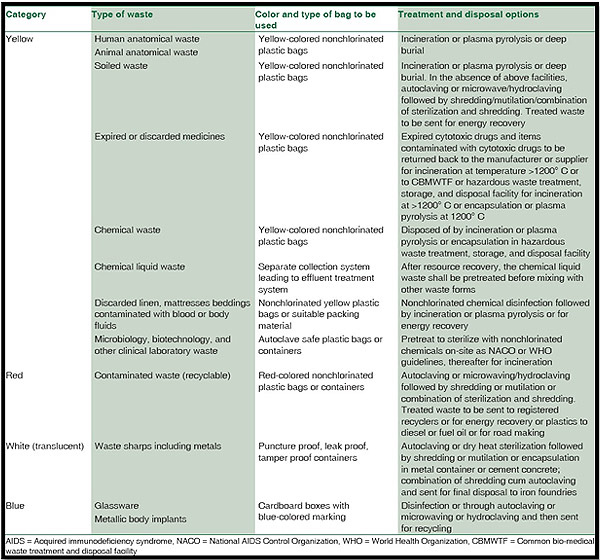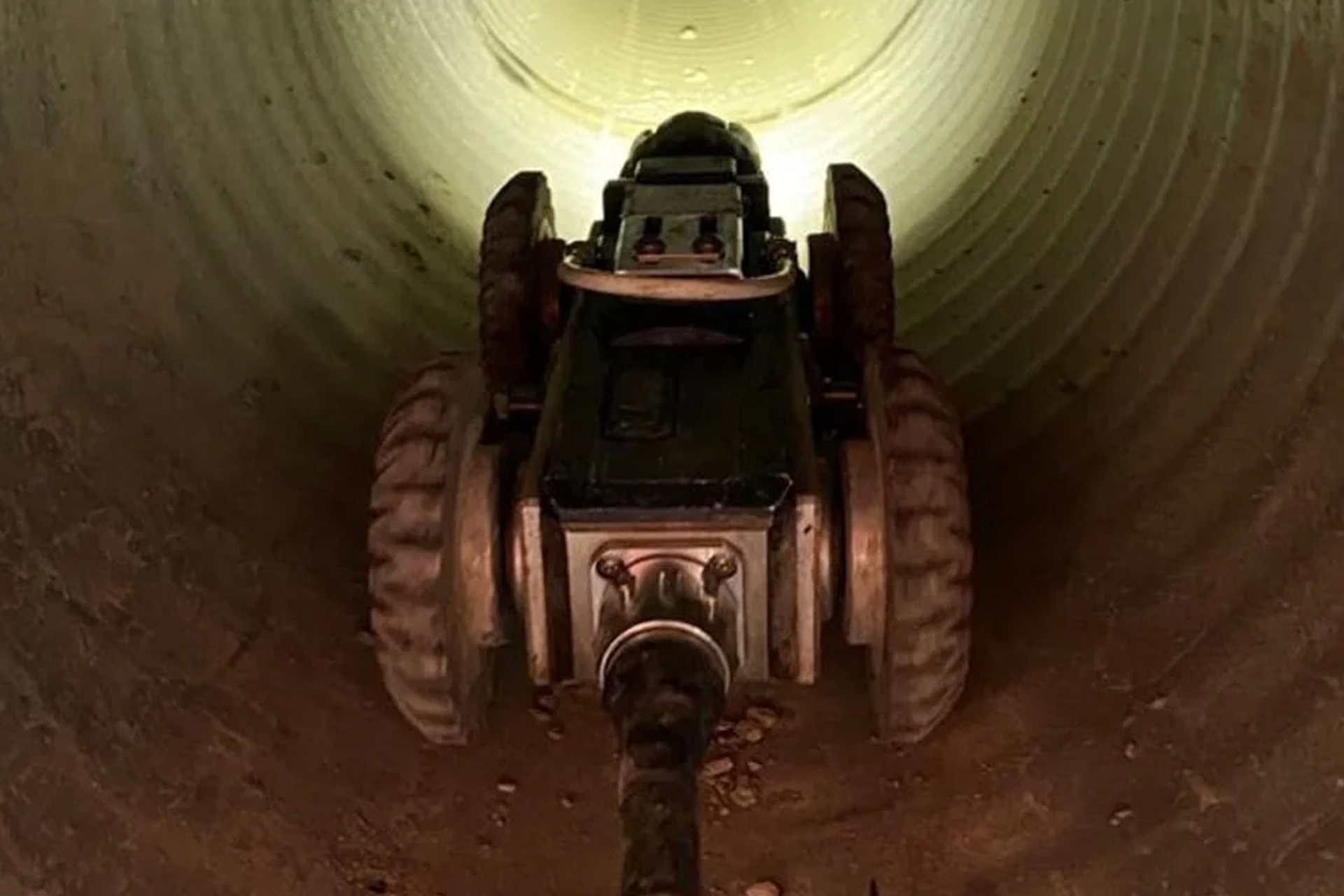The Basic Principles Of Reclaim Waste
The Basic Principles Of Reclaim Waste
Blog Article
What Does Reclaim Waste Do?
Table of ContentsUnknown Facts About Reclaim WasteAll about Reclaim WasteSome Known Details About Reclaim Waste Excitement About Reclaim WasteReclaim Waste - An Overview
Explore the types, incidents, and kinds of liquid waste. Residential sewage waste refers to the waste and items from a domestic sewage-disposal tank. This type of waste is created by human beings in residences, colleges, and other buildings. This only includes septic systems that have a drainpipe area. The proper monitoring and disposal of residential sewer waste call for liquid waste to be transferred to a sewage treatment plant where the correct approaches and equipment are related to cleanse and deal with waste.
Business waste often includes possible dangers, such as flammable materials or a mixture of liquid and solid waste products, and calls for an advanced and in-depth disposal procedure. The disposal of industrial waste usually includes the filtration of waste prior to transportation to make sure safe and correct disposal. Hazardous waste is created from byproducts and overflow of industrial processes and production.
This kind of waste can not utilize the same sewage administration transportation or processes as septic or industrial fluids. The hazardous waste management procedure needs the inspection and testing of liquid waste before it undergoes the disposal process (liquid waste disposal melbourne). Drainage waste is the fluid waste that comes from runoff and excess stormwater in very booming locations or cities
Drainage waste can create contamination and flooding otherwise dealt with properly. Discover more regarding sewer cleansing and waste administration. Making certain proper waste monitoring can protect against catastrophes and lower environmental damage. Both people in household settings and experts in business or manufacturing sectors can gain from understanding the processes and laws of liquid waste management.
More About Reclaim Waste
Call PROS Services today to learn more about our waste administration and disposal services and the correct means to take care of the liquid waste you generate.
(https://experiment.com/users/reclaimwaste1)Do you know what takes place to your water when you pull the plug, flush the commode or drain the washing device? No? Well, it deserves recognizing. This so-called 'wastewater' is not only a crucial source however, after treatment, will be released to our land, waterways or the sea. Used water from commodes, showers, bathrooms, kitchen area sinks, laundries and industrial procedures is called wastewater.

water made use of to cool machinery or clean plant and tools). Stormwater, a type of wastewater, is drainage that streams from agricultural and urban areas such as roofings, parks, yards, roadways, paths and gutters right into stormwater drains pipes, after rainfall. Stormwater streams neglected directly to regional creeks or rivers, eventually getting to the ocean.
Reclaim Waste Can Be Fun For Everyone
In Queensland, the majority of wastewater is dealt with at sewer therapy plants. Wastewater is carried from domestic or commercial sites via a system of sewers and pump terminals, referred to as sewage reticulation, to a sewer therapy plant. City governments build, preserve and run most sewer treatment plants. Operators are accredited under the Environmental Management Act 1994 to release treated wastewater at an acceptable environmental requirement into rivers.
The Division of Natural Resources advises local governments concerning handling, operating and maintaining sewerage systems and therapy plants. In unsewered areas, city governments may require homeowners to mount private or household sewer treatment systems to deal with residential wastewater from toilets, kitchens, shower rooms and laundries. The Division of Natural Resources authorises making use of household systems when they are shown to be efficient.
In some brand-new subdivisions, treatment of some stormwater to remove litter, sand and crushed rock has begun using gross contaminant traps. Wastewater treatment takes place in four phases: Removes strong issue.
Wastewater then streams into huge containers where solids settle and are gotten rid of as check my blog sludge. Oil and scum are skimmed from the surface area. Utilizes small living microorganisms called micro-organisms to break down and get rid of continuing to be liquified wastes and great fragments. Micro-organisms and wastes are incorporated in the sludge. Removes nitrogen and phosphorus nutrients that can cause algal blossoms in our waterways and endanger water life.
The Facts About Reclaim Waste Revealed
Nutrient elimination is not offered at all sewage therapy plants since it requires costly specialised devices. Clear liquid effluent created after therapy may still include disease-causing micro-organisms - liquid waste disposal.

This typically indicates wastewater needs to be treated or contaminants gotten rid of prior to it can be discharged to waterways. The majority of wastewater moves into the sewage system. Under the Act, city governments administer approvals and licences for eco pertinent activities (Ages) involving wastewater launches that could have a regional influence. The department carries out approvals and permits to ERAs including wastewater releases that could have a local or statewide impact.
The 6-Minute Rule for Reclaim Waste
Or else, examples are taken for laboratory evaluation. Often many tests are required to establish the degrees of each of the different toxins such as oils, hefty steels and chemicals in water. Tracking provides factual details about water quality and can confirm that permit problems are being satisfied. The information acquired with tracking supplies the basis for making water top quality decisions.
Report this page